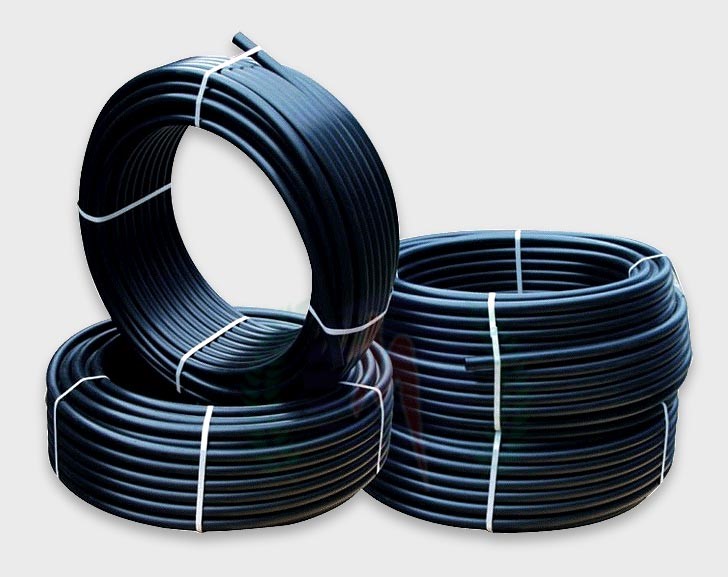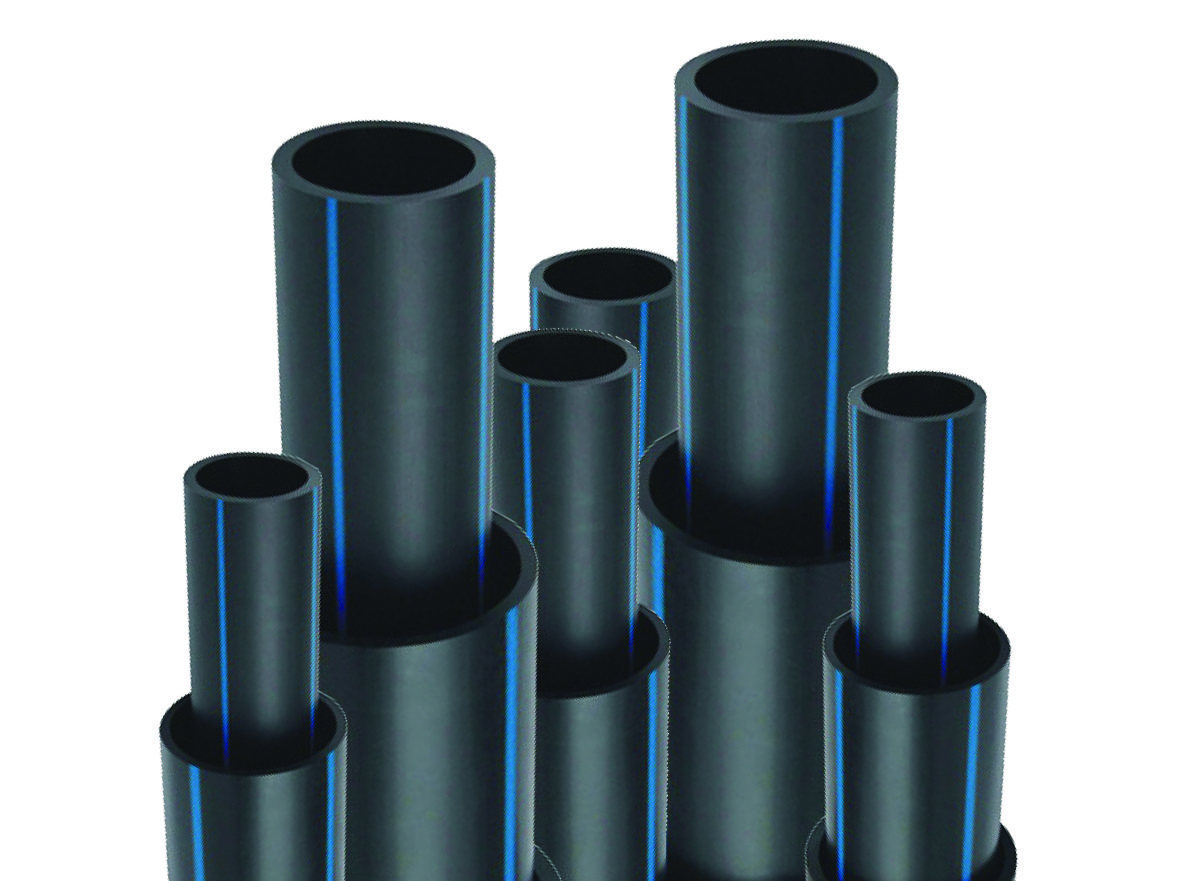Understanding the Trick Advantages of HDPE Pipeline for Water and Wastewater Administration
Using HDPE pipeline in water and wastewater management offers many advantages that warrant consideration. Its exceptional longevity and long life-span make it a favored choice for lots of projects. Furthermore, the material's resistance to rust and chemical damages enhances its integrity in various settings. However, the advantages extend beyond simply longevity and resistance. Exploring its cost-effectiveness and ecological influence reveals a lot more compelling reasons for its extensive fostering in modern-day infrastructure
Outstanding Durability and Durability

HDPE pipeline attracts attention for its remarkable sturdiness and durability, making it a favored option in water administration systems. Built from high-density polyethylene, these pipelines can stand up to substantial stress and anxiety, making certain reliable performance over time. Their robust nature allows them to endure severe ecological problems, consisting of temperature changes and soil motions, which can cause other products to fall short.
The life-span of HDPE pipelines usually exceeds half a century, supplying an economical option for towns and sectors alike. Furthermore, the material's lightweight homes simplify installment, minimizing labor expenses and timeframes. This longevity lessens the requirement for frequent fixings or substitutes, even more enhancing its financial appeal.
In water monitoring applications, the dependability of HDPE pipes suggests fewer disruptions and boosted service continuity, making them essential to sustainable facilities development. The combination of durability and long life solidifies HDPE's duty as a keystone in efficient water monitoring options.

Resistance to Corrosion and Chemical Damage
While many products catch corrosion and chemical damages in time, HDPE pipelines display remarkable resistance, making them excellent for different water management applications. This strength stems from the molecular framework of high-density polyethylene, which is inherently non-reactive and does not wear away like metals or break down from exposure to rough chemicals. Consequently, HDPE is very effective in settings with aggressive compounds, such as wastewater systems that may consist of acids, bases, and organic solvents.
Furthermore, HDPE pipelines can endure ecological factors such as dirt level of acidity and saline conditions, additionally enhancing their suitability for varied applications (Texas hdpe pipe manufacturer). Their capability to keep architectural integrity gradually lowers the risk of leaks and failures, which is essential in guaranteeing the safety and security and integrity of water distribution and wastewater management systems. As a result, the resistance to deterioration and chemical damages markedly contributes to the general performance and long life of HDPE piping solutions
Cost-Effectiveness and Financial Advantages
When considering the financial implications of water management systems, the cost-effectiveness of HDPE pipes becomes apparent. These pipes provide lower installation and maintenance prices contrasted to typical products like steel or concrete. Their light-weight nature simplifies transportation and installation, resulting in reduced labor expenses. In addition, HDPE pipes exhibit a long lifespan, often going beyond half a century, which equates to fewer replacements and long-term financial savings.
The resistance of HDPE to corrosion and chemical damages decreases the requirement for costly repairs and substitutes. The pipes additionally sustain efficient water circulation, minimizing energy costs related to pumping systems. By alleviating leaks and water loss, HDPE pipelines add to substantial financial benefits for districts and markets alike. Overall, the first investment in HDPE piping can generate considerable financial returns over the life expectancy of the water management system, making it a sensible option for lasting facilities development.
Ecological Sustainability and Decreased Influence

Convenience and Flexibility in Installment
As a result of their one-of-a-kind buildings, HDPE pipes supply amazing versatility and adaptability in installation, making them ideal for a broad array of applications. Their lightweight nature permits easier handling and transport, lowering labor expenses and setup time. HDPE pipes can be curved and shaped to fit numerous surfaces and project demands, which is specifically advantageous in challenging settings.
In addition, their resistance to official source corrosion and chemical damage permits installment in varied setups without the need for specialized protective finishes. The ability to fuse joints creates a constant, leak-free system, boosting the total integrity and reliability of the setup. HDPE's versatility additionally suits ground movement, minimizing the threat of damages in locations prone to shifting soil. Overall, these qualities make HDPE pipes check my source not only versatile but also a preferred choice for water and wastewater management systems.
Frequently Asked Questions
How Does HDPE Pipe Contrast to PVC in Water Monitoring Applications?
HDPE pipeline uses remarkable versatility, resistance to rust, and toughness contrasted to PVC. Its lighter weight helps with simpler installation, while its long life-span lowers substitute expenses, making HDPE a preferred choice in water monitoring applications.
What Is the Life-span of HDPE Water Lines Under Common Conditions?
Under typical problems, HDPE pipes can have a lifespan varying from 50 to 100 years. Their toughness and resistance to rust add to their lasting efficiency in various applications, making them a reputable choice for framework.
Are HDPE Water Lines Recyclable After Their Life Span?
Yes, HDPE pipelines are recyclable after their solution life. hdpe pipe suppliers Midland TX. They can be refined and repurposed into new items, considerably reducing ecological impact and advertising sustainability within the industry, making them an eco-friendly selection for piping services
What Is the Installment Process for HDPE Water Lines?
The installation procedure for HDPE pipelines includes website preparation, trenching, pipeline fusion or mechanical signing up with, backfilling, and pressure testing. Correct methods assure a resilient and reliable system for transferring water and wastewater properly.
Can HDPE Pipes Be Utilized for Both Safe And Clean and Non-Potable Water Systems?
Yes, HDPE pipelines can be made use of for both drinkable and non-potable water supply. Their versatility, longevity, and resistance to corrosion make them appropriate for numerous applications, ensuring risk-free read the article and effective transportation of water in various contexts.